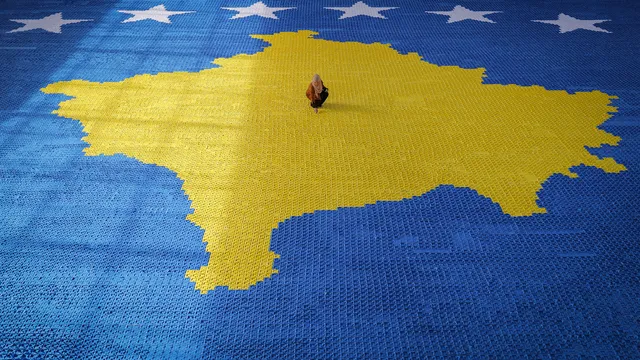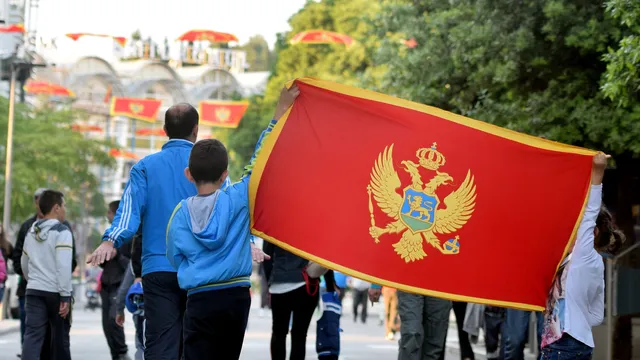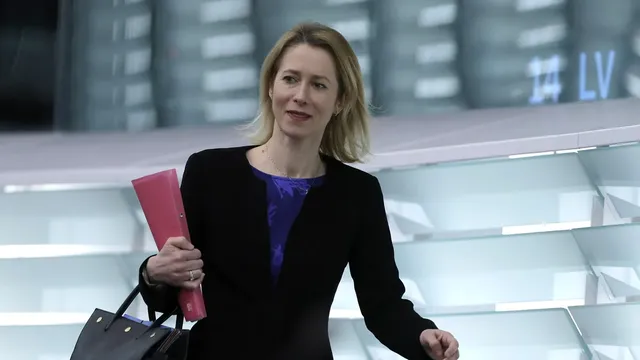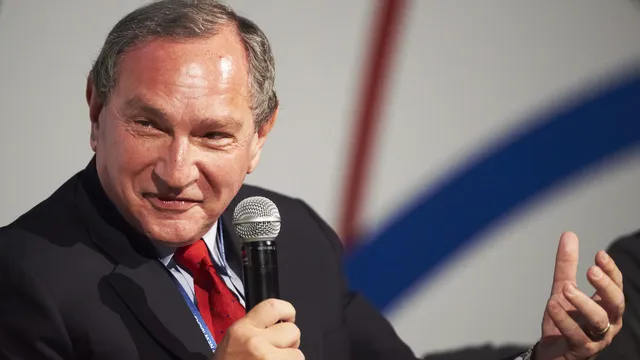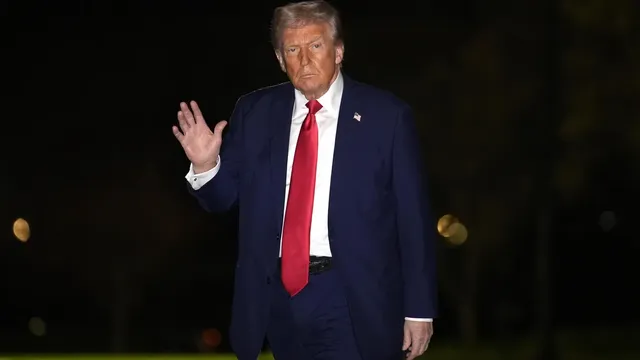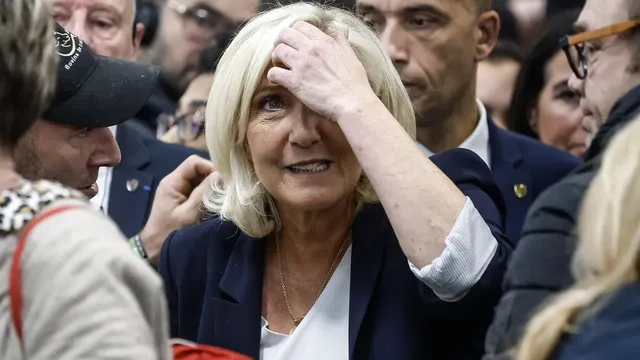These are the first regular elections for the country's 120-seat parliament since 2010, after a decade of political instability that has led to numerous snap elections.
The elections come at a time when Kosovo is facing a complex international situation. EU sanctions are still in place, and US President Donald Trump's envoy, Richard Grenell, is constantly criticising Kurti's policies.
Kosovo declared independence from Serbia in 2008, almost 10 years after the 1998-1999 war started by the South/Serbian dictator Slobodan Milosevic.
The three main political parties are: the ruling Self-Determination Party, led by Kurti, in alliance with "Guxo!" and "the Alternative", founded by President Vjosa Osmani; the Democratic League of Kosovo (LDK), led by Lumir Abdijiku; and the Democratic Party of Kosovo (PDK), led by Memli Krasniqi.
Kurti, Abdijiku, Alliance for the Future of Kosovo (AFC) leader Ramush Haradinaj and Bedri Hamza, the current mayor of South Mitrovica and former finance minister of the DPK, are competing for the premiership. The four candidates represent Kosovo's largest political parties.
Kurti expects that his centre-left Self-Determination Movement, in coalition with smaller partner parties, will achieve an outright victory in the upcoming parliamentary elections.
His optimism is confirmed by recent opinion polls. One of them, published in February, showed the ruling party getting 53% support, followed by the DPK with 17% and the DLK with 14%. The AK Party, led by Haradinaj and in coalition with two other parties, garnered the support of 7.6% of respondents.
The election campaign was marked by unprecedentedly harsh rhetoric among the main political opponents, resulting in fines of more than €400,000 for inflammatory statements and hate speech.
This will be the ninth election since Kosovo declared independence from Serbia in February 2008.
A total of 28 political entities are participating. Of these, 20 are political parties, five are coalitions, two are citizens' initiatives and only one is an independent candidate.
Of the 120 seats in Parliament, 20 are reserved for representatives of minority communities. The Serbian community has 10 seats. The electoral threshold for entering the Kosovo Parliament is 5%.
The total number of registered voters is close to 2.1 million, of whom nearly 105 000 live abroad.
According to the 2024 census, Kosovo's population is less than 1.6 million, which raises concerns about a mismatch between registered voters and eligible citizens. The Central Election Commission (CEC) has printed more than 1.7 million ballot papers. 941 polling stations will open across the country.
Kosovo's last parliamentary elections were held in February 2021 after two early elections in the previous three years. In those elections, Kurti's Self-Determination party won over 50% of the vote. | BGNES

 Breaking news
Breaking news
 Europe
Europe
 Bulgaria
Bulgaria
